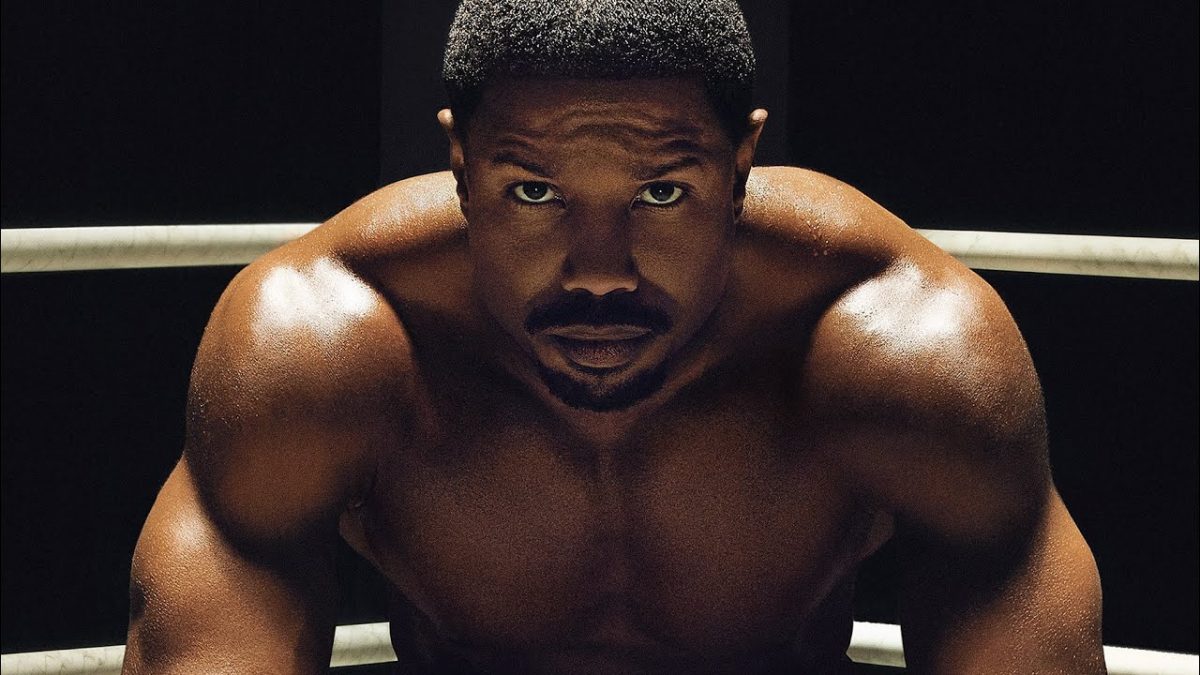In his 1995 documentary, A Personal Journey with Martin Scorsese Through American Movies, Scorsese pointed out that sometimes directors in the capitalist Hollywood system have to be smugglers of ideas. The popular perception of Douglas Sirk’s films of the 1950s, such as Imitation of Life and All That Heaven Allows, was that they were shallow weepies made for a none-too-bright female audience, and thus could be safely ignored. But if you looked closer, you would see that these melodramas also happened to be some of the most intelligent and insightful discussions of race and class in popular culture at the time. Artists like Sirk discovered that if the powers-that-be don’t take you seriously and the audience supports you, you can say whatever you want.
Horror has long been at the top of the genres that “serious people” don’t take seriously. There has been a long tradition of smuggling ideas in seemingly disposable horror films. They Live was a cheap exploitation movie starring professional wrestler “Rowdy” Roddy Piper, but John Carpenter always knew he was making a mutated version of Network. The recent art-horror movement has built on those pioneering moments, with films like Jordan Peele’s Get Out, a stiletto aimed at the heart of white supremacy.

Imogen Poots (above) stars in Sophia Takal’s holiday horror remake, Black Christmas.
Filmmaker Sophia Takal attempts something similar in Black Christmas. On the surface, this is a remake of the 1974 horror film by Bob Clark that is one of the major progenitors of the slasher genre — and a direct inspiration for Carpenter’s Halloween. (Clark, by the way, is better known as the director of another holiday classic, A Christmas Story.)
As with any good slasher movie worth its fake blood, Black Christmas starts with a murder. Lindsay (Lucy Currey) is walking home through the snowy campus of Hawthorne College. After apologizing to her sorority sisters for missing the holiday party, she is hunted down through the college’s gothic architecture by a trio of cloaked, masked figures.
Across campus at the MKE house, another clutch of sorority girls is plotting a stylish revenge. They’ve been invited to perform a skit at the AKO fraternity’s annual Christmas party, and they’re brewing up a doozy. Riley (Imogen Poots) was roofied and date-raped by the former AKO president Brian (Ryan McIntyre), but he was never brought to justice. So with her sisters Kris (Aleyse Shannon), Marty (Lily Donoghue), and Jesse (Brittany O’Grady), she has written an incriminating little Christmas carol, along with some provocative choreography, to deliver to the brothers.
The women smuggling an in-your-face tirade against rape culture into a modest holiday party production is a pretty good metaphor for what’s going on in this movie. While they’re getting ready at the AKO house, Riley goes looking for the prematurely drunk Jesse and stumbles into a fraternity ritual that’s apparently not in the official chapter literature. Pledges dressed in some familiar-looking cloaks kneel in front of a bust of college founder Calvin Hawthorne and are smeared with the black blood-like substance streaming from his eyes. It seems the advancement of patriarchy pedagogy requires the occasional blood sacrifice, and if that blood comes from the bodies of young co-eds who challenge male dominance, well, all the better.
Takal is an alum of multiple Indie Memphis festivals who first got attention in the lead role in Gabby on the Roof in July, the 2011 comedy that was smarter and more insightful than the festival circuit mumblecore movies it got lumped in with. Always Shine, her 2016 homage to Ingmar Bergman’s Persona, is one of my personal favorites of the last few years. Takal has a strong affinity for her actors, and it shows in Black Christmas‘ performances. Poots, with her square haircut and vulnerable affect, grows convincingly from wounded victim to avenger. Cary Elwes is especially strong as Professor Gelson, the Camille Paglia-quoting literature teacher with a secret knowledge of the more arcane and black magical aspects of Greek organization ritual.
You’d be hard-pressed to find a subgenre with misogyny baked in deeper than the slasher flick, which makes Takal’s overtly feminist appropriation of the form a pretty audacious move. On some level, horror films are the barometer of what people secretly fear at the time of their production, and it’s significant that this film’s violence ultimately flows from a backlash to speaking out about sexual assault. But Riley is no “final girl,” saved from sexually charged murder by her own purity and wits. Her solution to the mysterious killer(s) stalking the campus is to organize threatened women and fight back.

